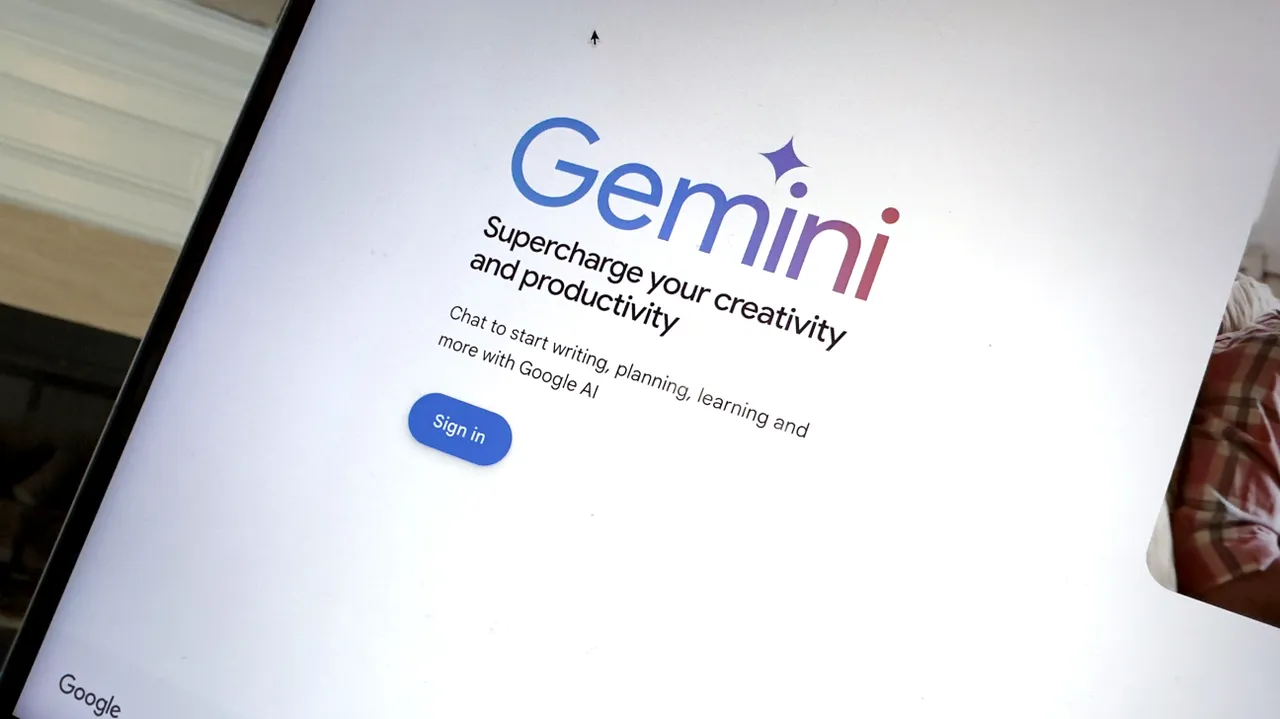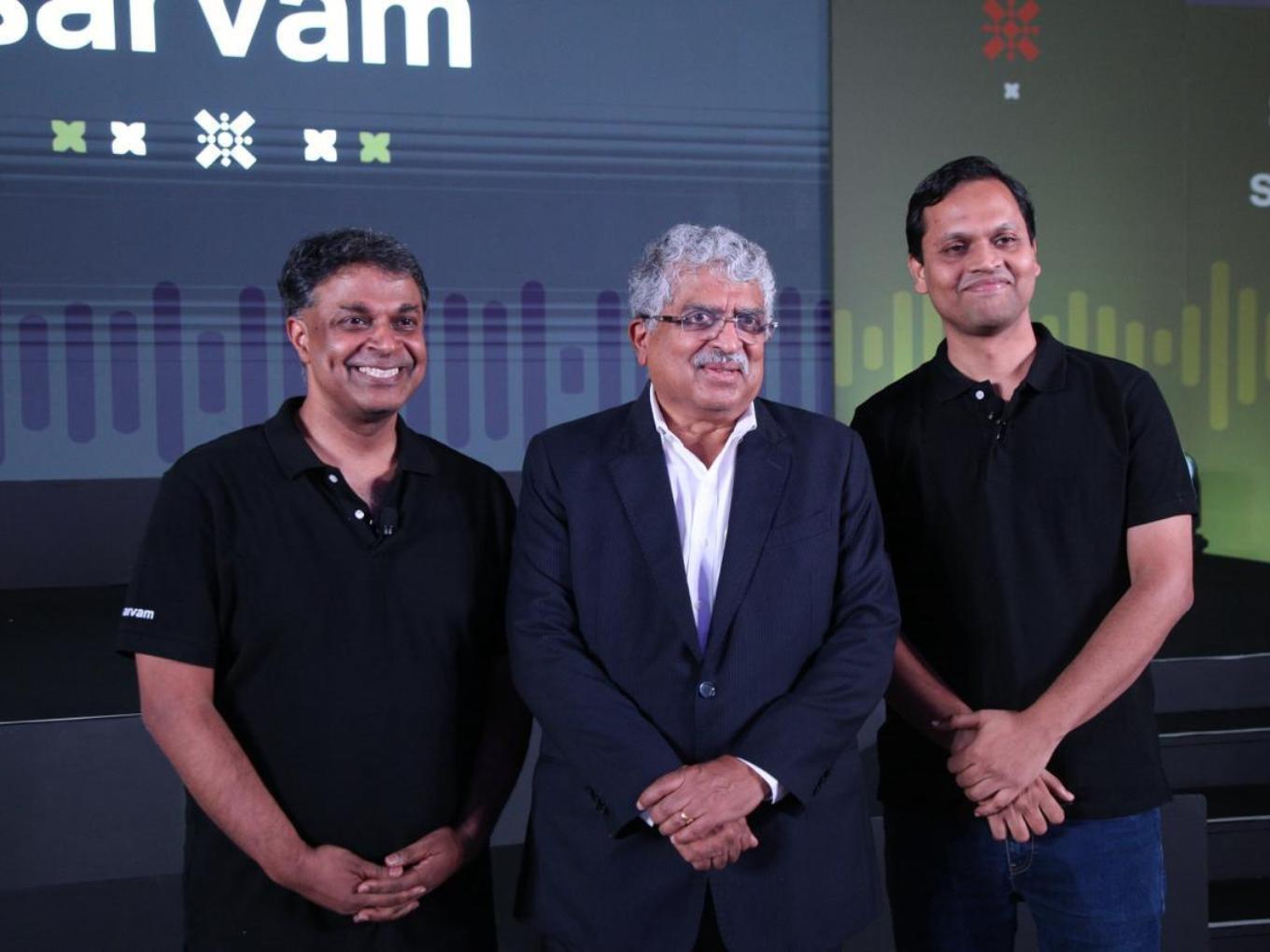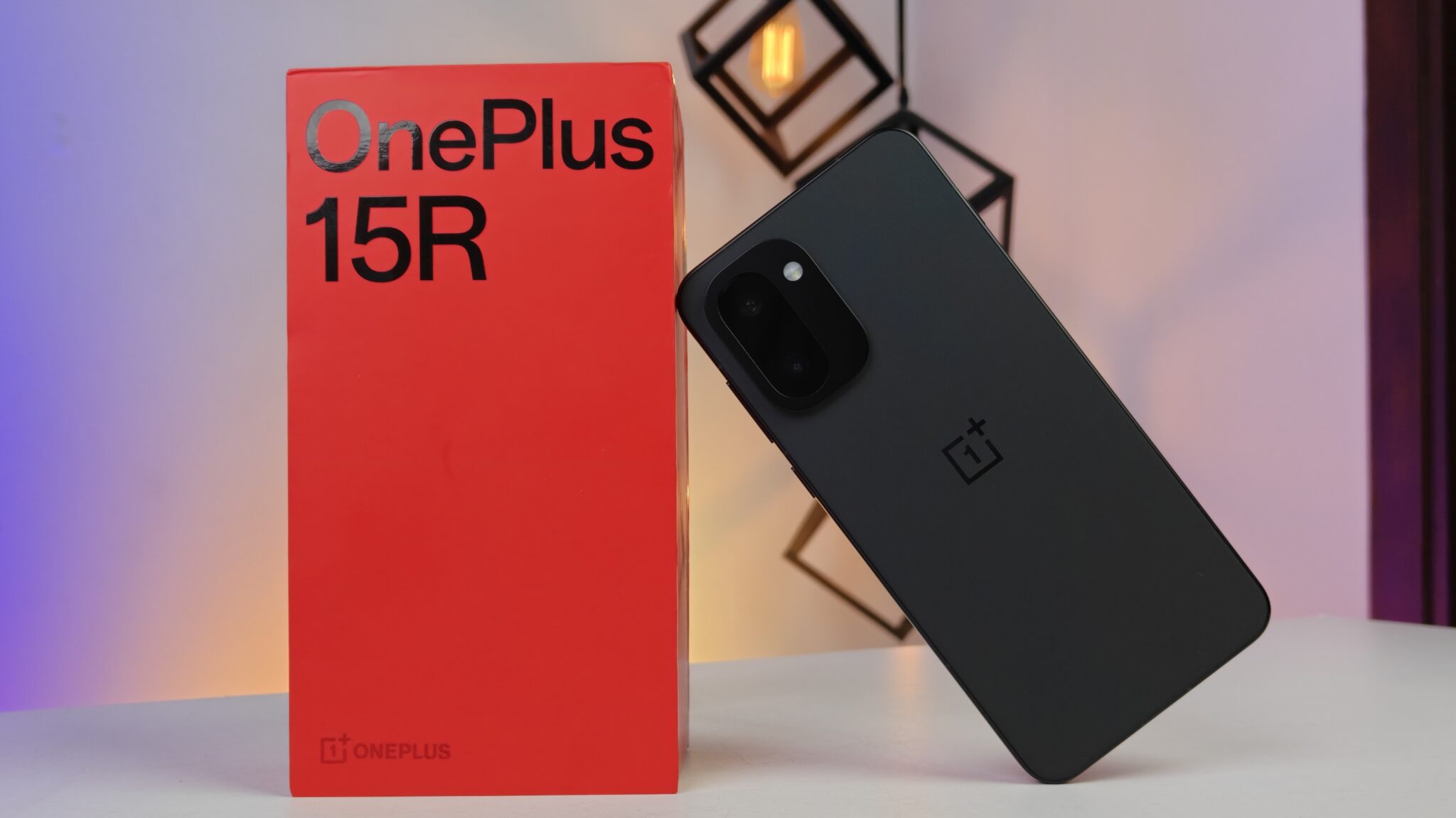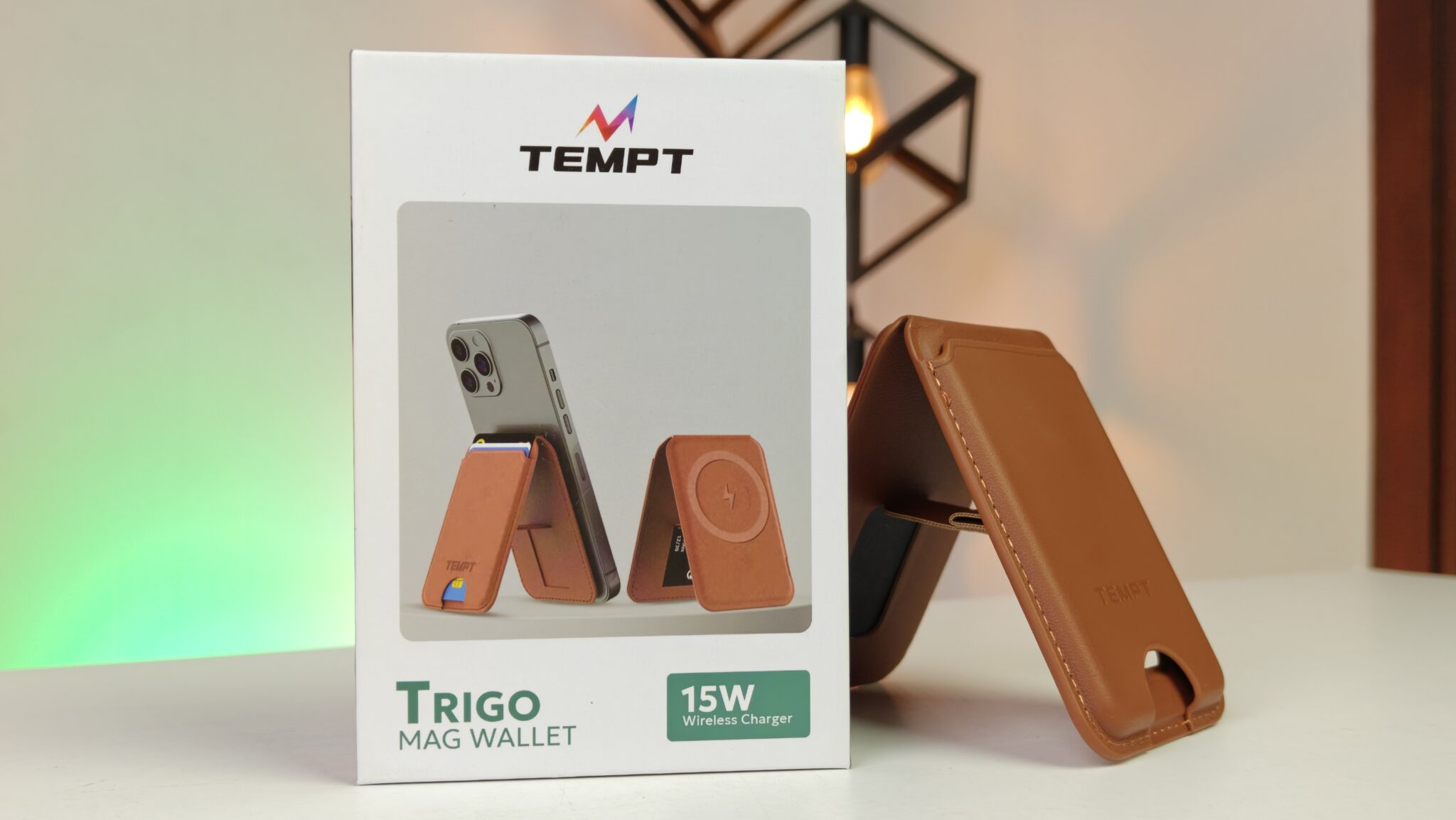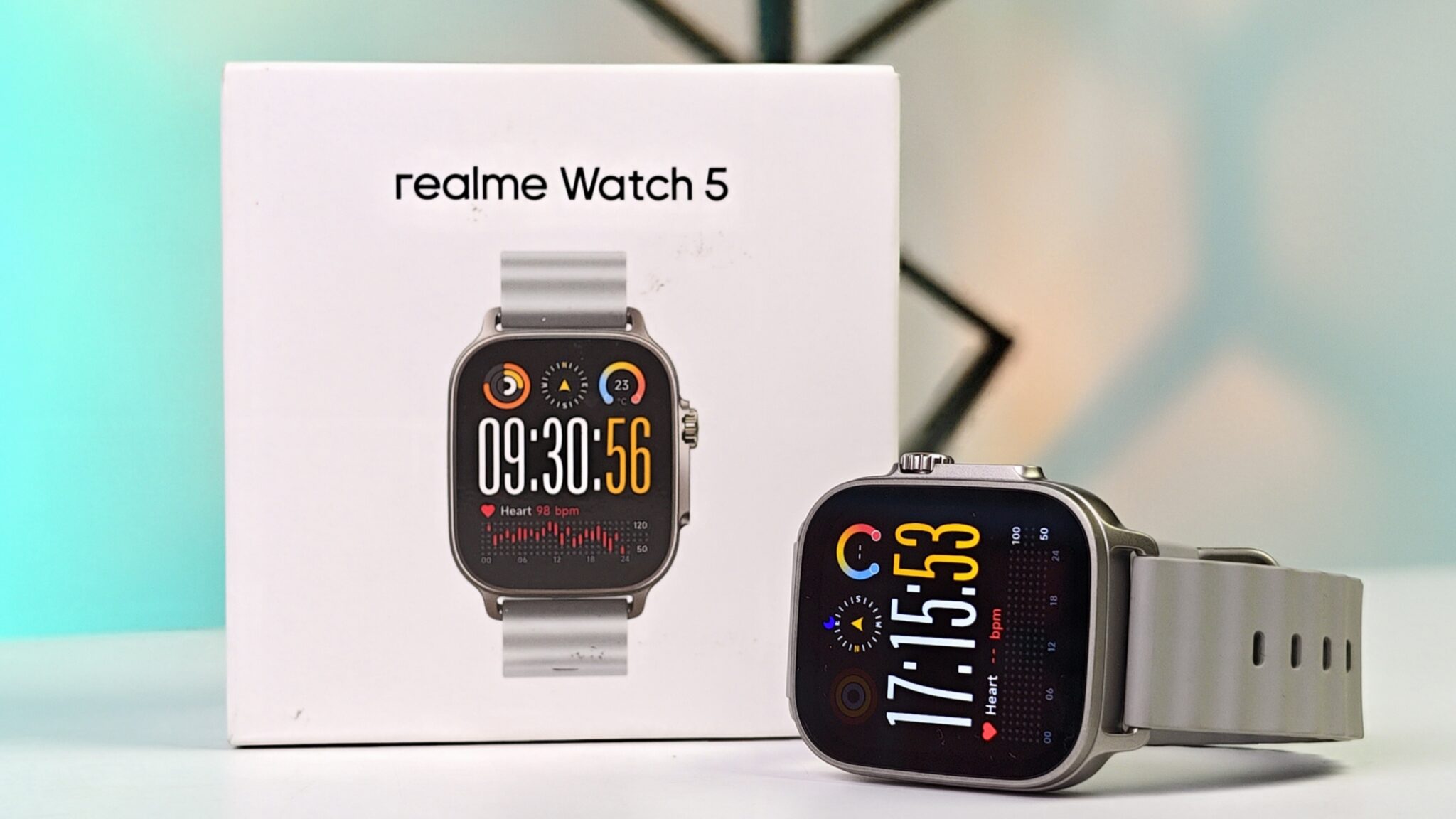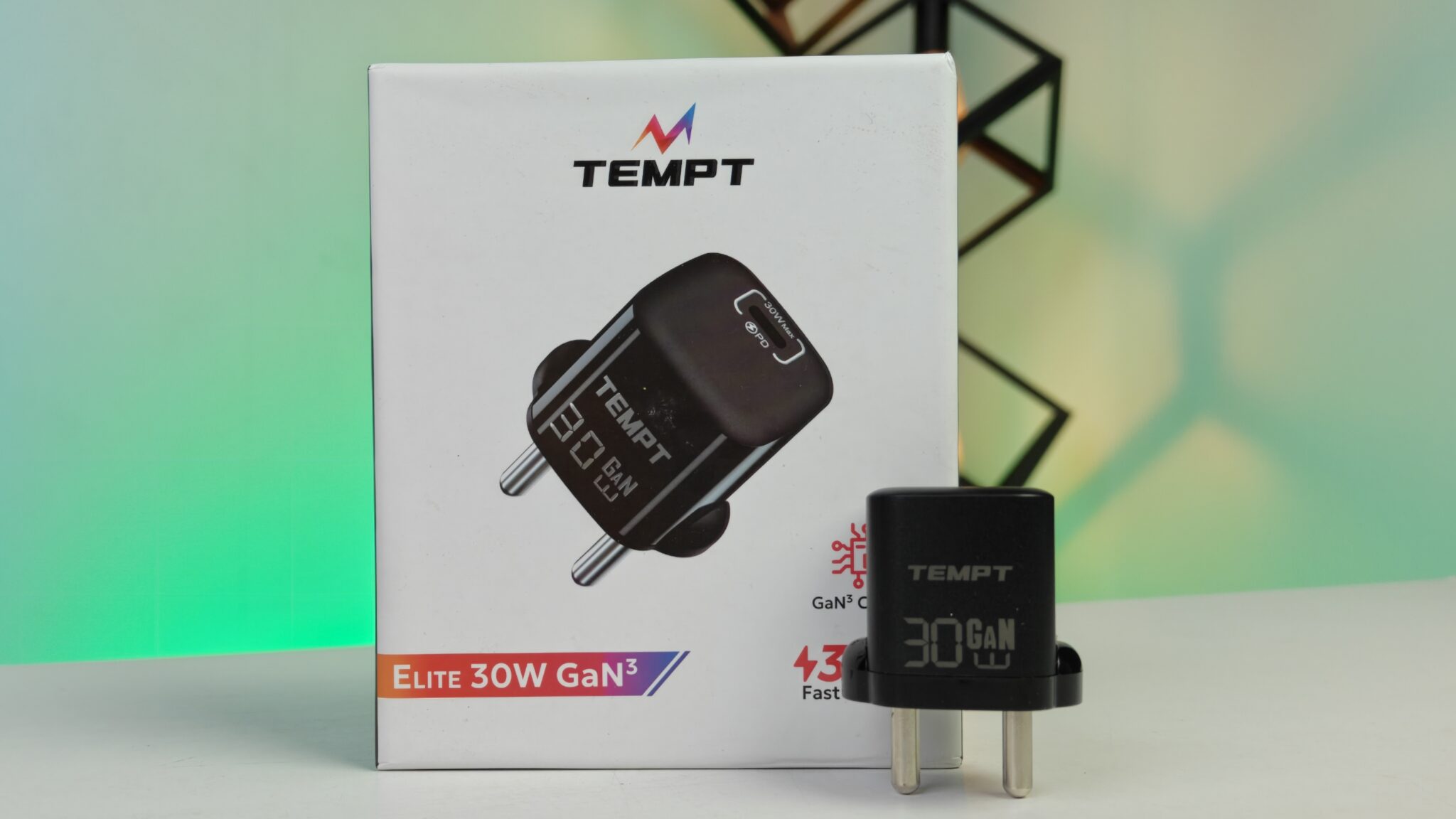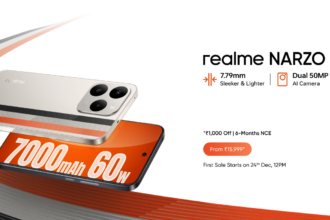Get ready for a significant shift in how you interact with your devices. Google is set to expand its Gemini artificial intelligence assistant beyond smartphones, bringing its capabilities to a wider array of gadgets you use every day: smartwatches, tablets, and even cars. This isn’t just a minor update; it signals a strategic move by Google to weave its advanced AI deeply into the fabric of its ecosystem, aiming for a more unified and helpful experience across your digital life.
The announcement came directly from the top, with Google CEO Sundar Pichai confirming the plans during Alphabet’s first-quarter earnings call for 2025. He stated that following the upgrade of Google Assistant to Gemini on mobile devices, the AI would arrive on tablets, cars, and connected accessories like headphones and watches later this year. This timeline suggests we could hear more concrete details and see previews at the upcoming Google I/O developer conference in May.
For years, Google Assistant has been the familiar voice across these devices. Now, Gemini is poised to take over, promising a more capable and conversational AI experience. Think about the potential: a smartwatch that understands more complex queries, a tablet that helps you brainstorm or summarize information more effectively, and a car that offers truly intelligent assistance while you’re on the road.
Gemini on Your Wrist: A Smarter Smartwatch?
Bringing Gemini to Wear OS powered smartwatches is a particularly exciting prospect. Smartwatches are personal devices, worn constantly, and quick access to information is key. While Google Assistant on Wear OS has been functional, Gemini’s advanced natural language processing could make interactions feel much more natural and intuitive.
Imagine this: instead of rigid commands, you might ask your watch a more open-ended question about your health data, get personalized workout suggestions based on your recent activity, or receive more context-aware notifications. Code snippets found in beta versions of the Google Assistant app for Wear OS have already hinted at this transition, indicating that Gemini will likely replace the existing Assistant interface. Users will still be able to use the familiar “Ok Google” hotword or potentially a watch’s physical button to summon the AI.
Devices like the Pixel Watch and Samsung’s Galaxy Watch models running Wear OS are expected to be among the first to receive this upgrade. The integration could happen through a software update to the existing assistant app initially, with deeper integration potentially coming with future Wear OS versions like Wear OS 6. The promise here is a smartwatch that isn’t just a notification hub but a truly intelligent companion on your wrist, offering insights and assistance powered by a more sophisticated AI model, potentially even utilizing the on-device capabilities of models like Gemini Nano for faster, offline tasks.
Tablets Get a Brain Boost with Gemini
Tablets sit in a unique space between phones and laptops, often used for content consumption, productivity, and creative tasks. Integrating Gemini into the tablet experience could unlock new ways to use these devices. On tablets, Gemini could leverage its multimodal capabilities more effectively.
Consider using your tablet for research. You might be able to ask Gemini to summarize lengthy articles from the web or documents stored in your Google Drive, freeing you from endless scrolling. Brainstorming sessions could become more dynamic, with Gemini helping you generate ideas, organize thoughts, and even draft outlines. The larger screen real estate on tablets also provides more room for displaying information and interacting with the AI in richer ways than on a phone. Google’s existing Gemini app for Android already demonstrates some of these capabilities on mobile, allowing users to interact using text, voice, and even images. Bringing this full power to tablets, optimized for their size and usage patterns, could make them even more versatile tools for both work and play.
Gemini in the Driver’s Seat: A More Helpful Car?
The integration of Gemini into cars, specifically through Android Auto and Android Automotive OS, holds significant promise for improving the driving experience. Safety is paramount when driving, and a more intelligent voice assistant can help minimize distractions.
Instead of struggling with clunky voice commands for navigation or media control, Gemini in your car could understand more natural language requests. You might ask it to find a specific type of restaurant along your route, get real-time traffic updates with more context, or even adjust in-car settings like climate control using simple voice prompts. Early glimpses in Android beta code have shown prompts for users to switch from Google Assistant to Gemini on their car displays, indicating that this transition is actively underway.
For vehicles running Android Automotive OS – the built-in infotainment system found in a growing number of cars – Gemini can be even more deeply integrated. This could lead to features like predictive navigation based on your habits, personalized media recommendations for your journey, or even the ability to control certain vehicle functions through conversational AI. While some initial reports suggest the rollout on Android Auto might have encountered a few bumps, the long-term vision is clear: a car that acts as a truly intelligent co-pilot, making your time on the road safer, more convenient, and more enjoyable. Google I/O 2025 is expected to include sessions specifically for developers looking to build apps and experiences for cars with Gemini, hinting at the types of features we might see in the future, including immersive entertainment and gaming options when the vehicle is stopped.
The Bigger Picture: A Unified AI Experience
Google’s decision to bring Gemini to watches, tablets, and cars is part of a larger strategy to create a unified AI experience across its entire ecosystem. By replacing Google Assistant with Gemini across these platforms, Google aims for consistency and a more powerful underlying AI model. This means that your interactions with Google’s AI should feel similar whether you’re talking to your phone, your watch, your tablet, or your car.
Furthermore, with models like Gemini Nano designed for on-device processing, some AI tasks could happen faster and even offline, enhancing privacy and reliability on devices like smartwatches and potentially in cars where connectivity might be inconsistent. This push for on-device AI is a significant technical undertaking and points to the increasing sophistication of AI models capable of running efficiently on less powerful hardware.
While Google has indicated that the rollout will begin later this year, the exact timeline for each device category and specific models remains somewhat fluid. More details are anticipated at Google I/O, where developers and the public alike will get a clearer picture of the features and capabilities Gemini will bring to these new form factors.
The expansion of Gemini is more than just a branding exercise; it represents Google’s commitment to making its most advanced AI models accessible and helpful in more aspects of our daily lives. As Gemini arrives on our wrists, in our hands, and on our dashboards, we can expect a noticeable shift in how we interact with our technology, potentially leading to more intuitive, efficient, and even delightful experiences. The age of ambient AI, where artificial intelligence is seamlessly integrated into our environment, takes a significant step forward with this move. Get ready for your devices to get a whole lot smarter.


